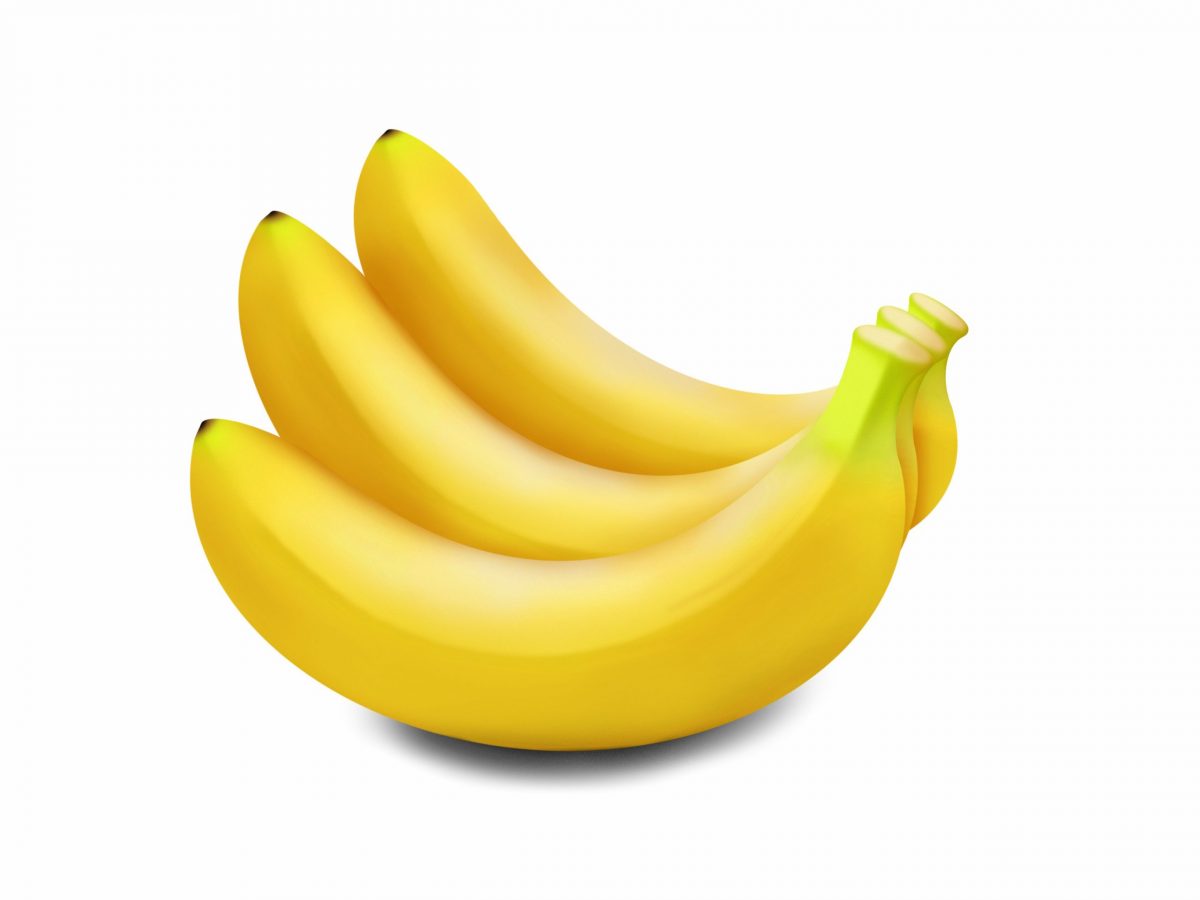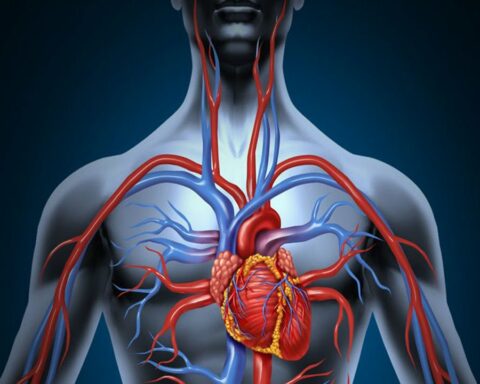Bananas are popular fruits that are found and eaten nearly in every corner of the globe. Eating bananas comes with various health benefits attributed to their nutritious value.
Bananas are composed of numerous essential nutrients and have been shown to promote digestion, cardiovascular function, and impact weight loss. Specifically, when these extremely nutritious fruits are eaten adequately, they can help reduce blood pressure and lower the likelihood of developing cancer.
Just like any other kind of food, bananas can have certain dark sides when eaten that doctors and health practitioners do associate it with. This article will address the possible risks and the potential health benefits that come with eating bananas.
Health Benefits
This section explains how eating bananas can have health benefits to you. Each importance has some scientific background backing it.
1. Bananas Are Loaded with Several Important Nutrients
One of the fruits that frequent tables are bananas. Many people use bananas for various purposes and eat in different forms. This makes it a popular fruit. At first, bananas were only grown in Southeast Asia but currently, they are grown in many warm parts globally.
Depending on the agricultural conditions, bananas can have different colors, sizes, and shapes. Cavendish is the common type of banana that most people grow. It is a desert type that has a green color when it is not ripe and gradually becomes yellow as it matures.
Tangible amounts of fiber and antioxidants are found in bananas. The following nutritive values are sourced from the United States Department of Agriculture’s (USDA) FoodData Central database. The daily value for each nutrient comes from the Dietary Guidelines for Americans.
In a medium-sized banana weighing 118 g, there is:
Calories 105 (1800 of the Daily Recommended Value/DRV), 27 g of carbs, 3.1 g of fiber, 1.3 g of protein, 31.9 g of magnesium, 700 DRV of Potassium, 55 DRV of selenium, 10.3 g of vitamin C, and 23.6 mcg of folate. Beta carotene and alpha-carotene are also present which exist naturally as antioxidants.
The component of carbs in unripe bananas is mainly starch and resistant starch. However, with the gradual ripening of the banana, this starch is converted into glucose, fructose, and sucrose which are all sugars.
2. Bananas Can Help Regulate Blood Sugar Levels
When eating bananas, you will feel their spongy form in the flesh. This is due to the content of pectin in bananas. Bananas, especially the unripe ones have soluble fiber from the owed to the resistant starch.
According to one research findings conducted by the National Center for Biotechnology Information, blood sugars that normally rise immediately after meals can effectively be reduced by pectin and resistant starch. They can also help reduce appetite.
Glycemic index is a tool used to measure how quickly a food can increase blood sugar levels and is measured between 0 and 100. Bananas have been shown to rank low in it. One study that had its results published in PubMed found that unripe banana has a glycemic index of 30 while a ripe banana has a glycemic index of 60. Averagely, the glycemic index of all bananas is 51. In simple terms, bananas have very little strength of spiking blood sugars in a healthy individual.
3. Bananas Help Improve the Health of Digestive System
Bananas are a very good source of fibers. In a medium-sized banana, there is approximately 3 g of fiber. Fibers play an important role in the digestive system by reducing constipation and improving the immunity of the gut. As mentioned earlier, bananas contain pectin and resistant starch which are types of fibers.
While in the digestive system resistant starch escapes digestion in the upper digestive system and lands in the colon. Here it is digested by fermentation through the activities of gut bacteria which also feeds on them. This helps protect against diseases like colorectal cancer.
4. Bananas May Impact Weight Loss
There is research that has been done to attest to this claim. However, bananas have other properties that make them fit for weight loss. Averagely, one medium-sized banana contains 105 calories which are too small to increase weight. On top of that, bananas give an individual a feeling of fullness for a couple of hours thus limiting the number of ingested calories per day.
5. Bananas May Improve and Support Heart Health
One of the key tools your body uses to control blood pressure is potassium. According to the findings on potassium intake by the United States Department of Agriculture, many people do not take potassium enough despite its health benefits. Just a single medium-sized banana, contains about 9% of the recommended daily intake. This makes it an excellent source of potassium.
Potassium supports the health of your heart by lowering blood pressure. This in turn reduces the risk for developing hypertension and other chronic heart conditions.
6. Bananas Provide the Body with Powerful Antioxidants
Science has shown that antioxidants can abundantly be sourced from fruits and vegetables. One review by the National Center for Biotechnology Information found that bananas contain dopamine and catechins both of which are very powerful antioxidants. They play a role in reducing the likelihood of developing heart problems and degenerative diseases.
7. Bananas Increase the Feelings of Fullness
Bananas are very satiating. Unripe bananas, in particular, contain soluble fibers like resistant starch. The amount of resistant starch increases with the greenness of the banana. Ripe or yellow bananas also contain small amounts of soluble fiber.
Resistant starch and pectin have one thing in common- they largely reduce appetite and increase the feelings of satiation right after eating them.
8. Bananas May Support Kidney Health
The effective control of blood pressure depends on the presence of potassium. Bananas may help support and improve the health of the kidney by providing good amounts of potassium.
Risks
Bananas may spark off an allergic reaction in an individual. In some people, it may necessitate migraines. Excess consumption of bananas may also result in hyperkalemia which is an increased amount of potassium in the blood. This can be fatal.
Conclusion
Bananas are nutritious and very sweet fruits. They contain vitamins, potassium, and other nutrients that are beneficial to the body. Bananas may help reduce the risk for chronic heart and kidney disease.
- Missionary Position – Least Likely To Bring You To Climax - April 7, 2023
- Vibrators could put you in Jail - March 31, 2023
- Ball Gag Bondage - March 29, 2023






